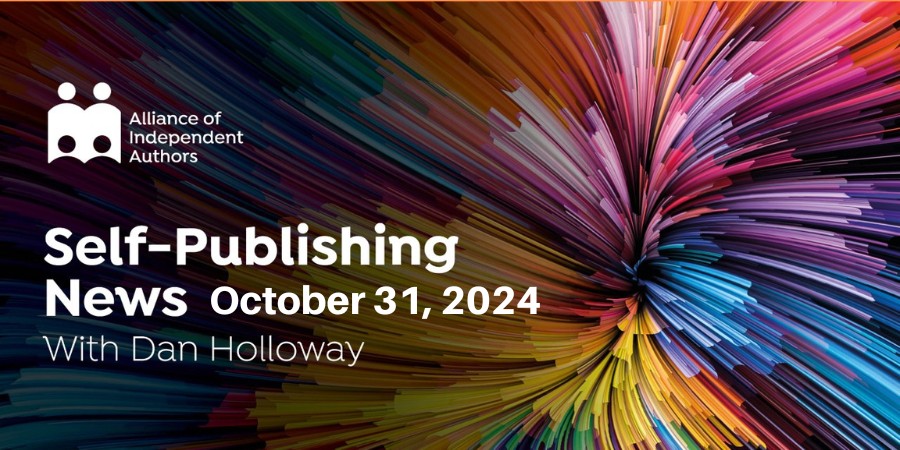The founder of Goodreads has launched an AI-powered reading app amid growing concerns over AI training. Depending on your perspective, that news will either fill you with excitement or utter despair.

ALLi News Editor, Dan Holloway
It’s been a week with a big AI story (which we will get to), but I had to start with this one. Smashing (a word that has many meanings depending on one’s age and can refer to windows, caffeine, or, seasonally, pumpkins—but to me will always imply someone being diffident in a Hugh Grant voice) is a tool that lets readers ask questions about what they are reading, with a focus on nonfiction and especially news. You can ask for a story to be examined from different perspectives, ask for similar stories, or use it to curate feeds. If I may be somewhat cryptic, I think I conclude that it will be every bit as, er, smashing as Goodreads.
AI and Copyright Concerns
The big AI story of the week is the “Statement on AI Training,” which has garnered 13,500 signatories from across the arts world. The rather brief statement reads in full:
“The unlicensed use of creative works for training generative AI is a major, unjust threat to the livelihoods of the people behind those works and must not be permitted.”
It is a masterpiece of diplomatic wordcraft, producing the subtle ambiguities necessary to unite so many to its cause. Publishers such as Hachette and Random House have signed, as have the Authors Guild and the International Publishers Association. The statement was crafted by Ed Newton-Rex, founder of Fairly Trained, the organization that certifies AI platforms trained ethically.
The Impact of the AI Statement
As always, one wonders what kind of force such statements carry. The publishing lobby is relatively powerful in the EU, but in the UK and US—where many of the highest-profile signatories are based and where there is a much stronger laissez-faire tradition with respect to markets—tech companies wield far more power. It remains to be seen whether the recent UK and upcoming US elections will change that, but it feels as though the industry considers this an opportune moment to make its feelings known to politicians.




